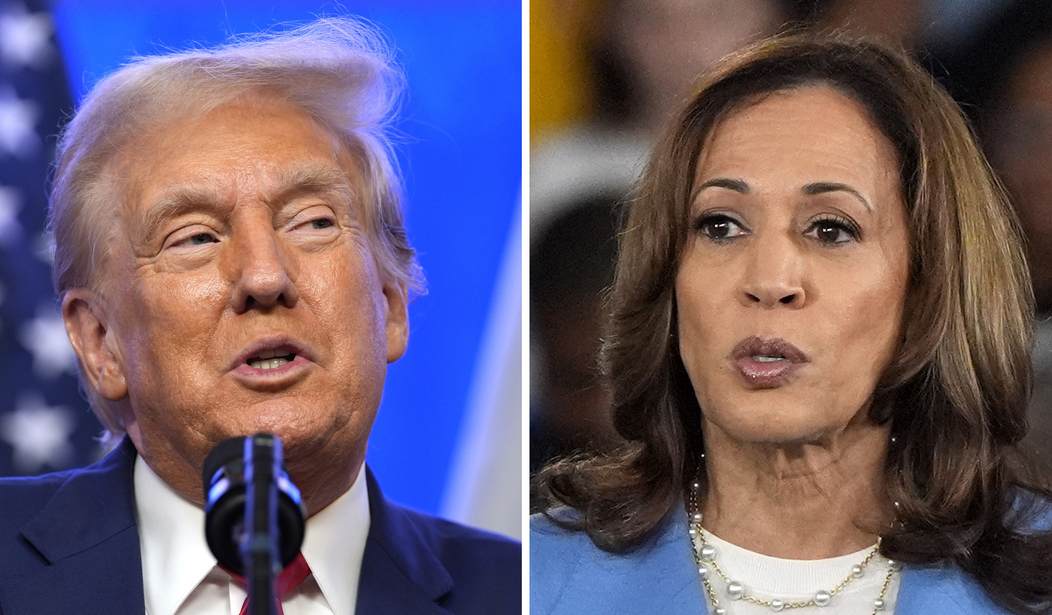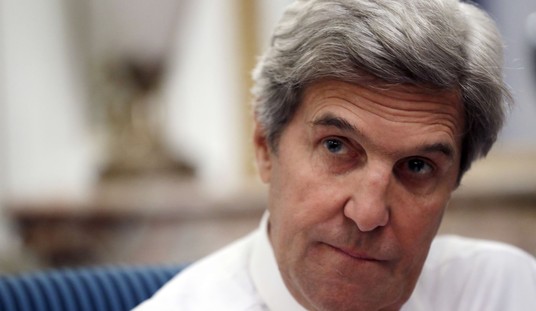Have you ever noticed that celebrity scandals tend to all follow a similar timeline? At first, there’s the moment you hear about what happened — “Oh no! He did what with the fish?!” That’s a super-memorable moment. If you’re a big fan of the celebrity, you’ll never forget where you were when you heard the news. (You broke our heart, Troy McClure.)
Then there’s the moment of acknowledgement, when the celeb must face the consequences of his action(s) for the very first time. This might be a mugshot, a court appearance, or — trending today — a mea culpa on his social media platform of choice. This will become our new go-to image of the celebrity… at least over the short term.
Shortly thereafter comes the explanation. It’s almost never in-depth; usually, it comes in the form of a blanket denial (or an admission, plus sad-faced apology for “any pain I may have caused” and lickety-split trip to rehab).
The wording of this explanation can get tricky: You never want your PR strategy to undermine a still-unresolved legal strategy. Winning today’s headline at the cost of tomorrow’s verdict is a foolish tradeoff. So tread very carefully.
Next comes the punishment. Sometimes it’s legal — i.e. a prison sentence — but other times it’s entirely commercial, i.e. prying away a beloved franchise, or being shunned from upcoming roles. The punishment can even be emotional, such as public shaming or mockery, but it always involves the loss of something.
After the legal situation is resolved, the celeb has a freer hand to speak about what happened and rebuild public trust. And thus, we get to our favorite part of the celebrity scandal timeline: The comeback.
But not all comebacks are successful.
Some celebs have done awful, terrible things, and vanished without a trace, Others did things that were just as horrible, yet were welcomed back with open arms. Why is that?
It comes down to the two Ps: platform and punishment.
The platform matters, because different industries have different industry standards. Someone tackling you one or two seconds after the play ends will happen in professional football, but it’d be really unsettling if that happened in, say, professional golf (or in an accounting office). Each platform has its own “standards of etiquette,” so you must conform your messaging — and your conduct — accordingly.
But it’s the extent of the punishment that matters the most.
I call it the Principle of Proportionality: No matter what the celebrity said or did, eventually there’s a point where the length of his punishment surpasses the wickedness of his misdeed.
Eventually, enough is enough.
When we reach that moment, not only will we welcome him back into the fray, but we’ll actually cheer for him to succeed again. Celebrity comeback: unlocked!
When Muhammad Ali was convicted of draft evasion and sentenced to five years in prison — and barred from boxing — initial public sentiment was not on his side. But after three years of fighting battles in the courtroom without setting foot in a boxing ring, public sentiment began to change.
Enough was enough.
And three-and-a-half years later, fans were cheering for Ali when he returned to the ring and stopped Jerry Quarry in the third round.
This brings us to the first opinion polls from the Harris-Biden presidential debate: The verdict is in, and Kamala Harris did such a wonderful, splendid performance… she picked up NO new voters.
ABC News, the same network that hosted the debate/train wreck, put a happy spin on its poll results: “Harris seen as debate winner while maintaining slight lead over Trump: POLL” (For the sub-header, you can almost hear the “womp-womp” sad sax music: “Taylor Swift’s endorsement of Harris shows little impact, the poll found.”)
Alas, CNN (believe it or not) pulled back the curtain with a more truthful spin: “New poll finds no change in presidential race post-debate” CNN’s first two sentences let the cat out of the bag: “New polling post-debate from ABC News and Ipson finds Vice President Kamala Harris leading former President Trump among likely voters, with the margin in the race unchanged from ABC News polling conducted in late August. Overall, 52% of likely voters back Harris, 46% Trump in the poll, the same margin the pollsters found among likely voters in an August 23 through 27 poll.” [emphasis added]
So what gives? By all objective accounts, last week’s debate was NOT Trump’s best moment. Why aren’t the American people punishing him more in the polls? Why didn’t Harris shoot ahead by a dozen or so points?
It goes back to proportionality. We have an instinctive impulse for fairness.
Arguably, it’s one of mankind’s oldest legal principles. It’s even in the Old Testament: “An eye for an eye.” Obviously, this wasn’t meant to be taken literally. (Otherwise, how would you punish a blind dude who runs around poking out eyeballs? Hey, it could happen.) Instead, it was a call for fairness — for proportionality.
It’s an eye for an eye, not a head for an eye.
Last week’s debate was a three-on-one dumpster fire. The media wants to talk about Kamala eating Trump’s lunch, but the American people are talking about who’s eating cats. Our lasting takeaways were the utter weirdness of it all — and the intrinsic unfairness of a three-on-one debate.
Plus, the obvious implication: The media must’ve helped Kamala that much… because she needed the help. Clearly, she can’t do it on her own.
So, no, we won’t reward her for “winning” a three-on-one fistfight. Kamala Harris wasn’t the plucky heroine who KO’d the class bully; she was the shrieking banshee who stretched out his shirt while the moderators held him down.
And so, nothing was decided. Our journey remains unresolved.










Join the conversation as a VIP Member